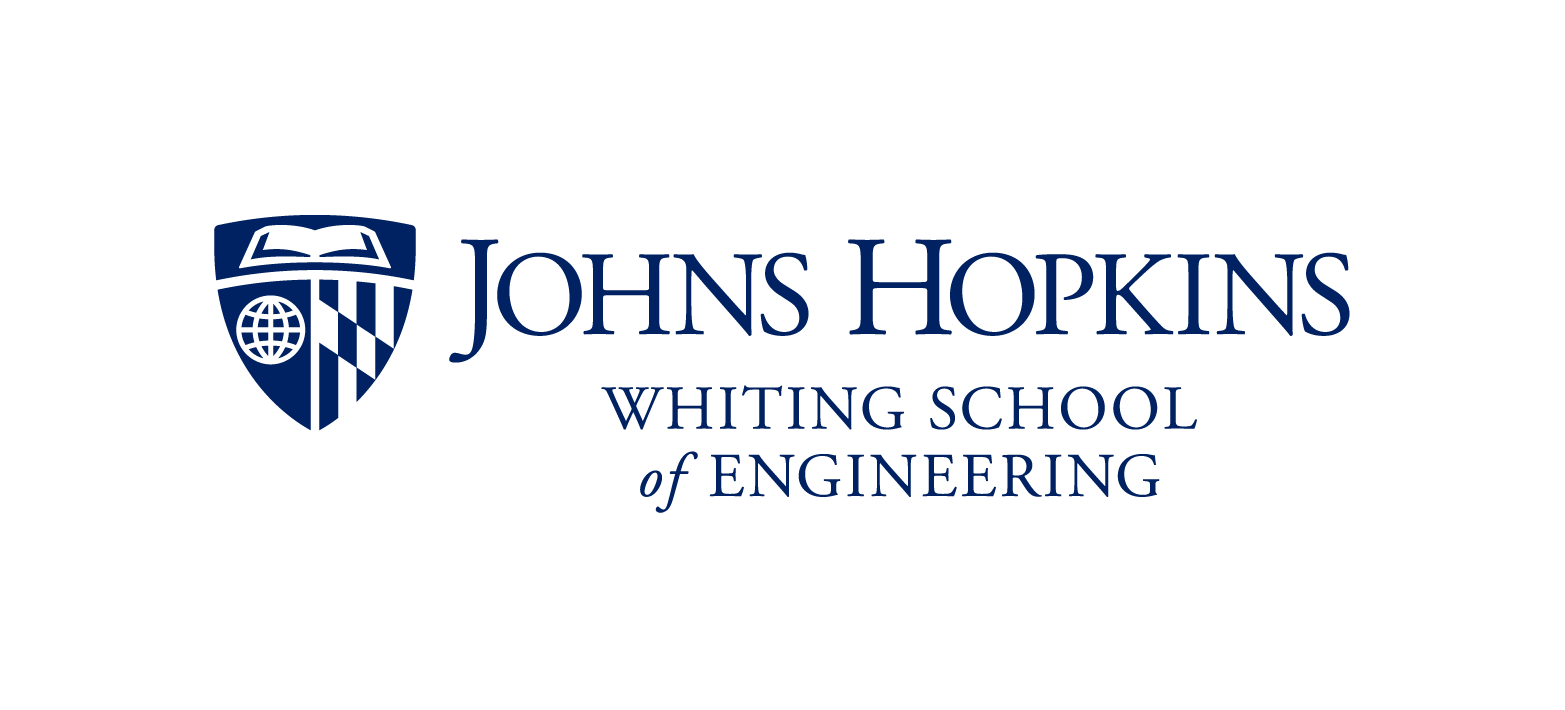AutoAspira: Automating Breast Cancer Biopsies for Enhanced Diagnosis
Program:
Biomedical Engineering
Project Description:
Fine Needle Aspiration (FNA) is a biopsy procedure commonly used to diagnose breast cancer in low- and middle- income countries (LMICs) due to its affordability and low invasiveness. Despite its benefits, however, FNA has a high false negative rate of 26.5% in Uganda. This is mainly a result of inadequate sample cellularity, where not enough cells are collected to enable a diagnosis that accurately reflects the lesion pathology. False negative results can be detrimental to patients as they delay treatment initiation, necessitate repeat biopsies, and result in unmanaged disease progression. Therefore, to enhance the accuracy of FNA, this project developed a novel technology that improves the cellularity of FNA samples for use in Uganda and other LMICs. While having the potential to enable more accurate diagnoses, this technology is also minimally invasive, cost-effective, simple to operate, and can be easily incorporated into the current clinical workflow of FNA.
Team Members
-
[foreach 357]
[if 397 not_equal=””][/if 397][395]
[/foreach 357]
Project Mentors, Sponsors, and Partners
Dr. Yekosani Mitala
Dr. William Wasswa
Dr. Robert Lukande
Dr. Robert Ssekitoleko
Dr. Amy Ly
Course Faculty
-
[foreach 429]
[if 433 not_equal=””][/if 433][431]
[/foreach 429]
Project Links
Additional Project Information
Project Photo

Project Photo Caption:
Cross-sectional view of AutoAspira’s handheld device in use, during breast Fine Needle Aspiration (FNA). Our solution improves mass and cellularity of samples compared to manual FNA, by optimizing combinations of automated motion modalities.


